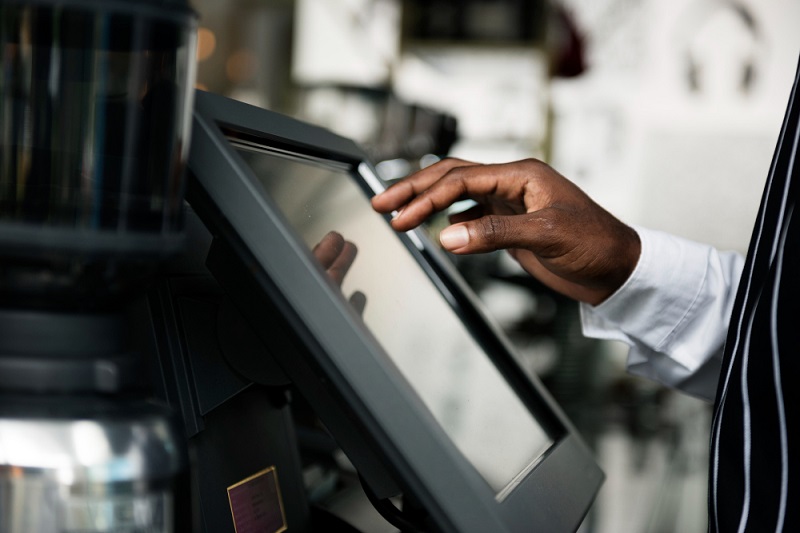Have you ever experienced customer frustration because your payment system was down or too slow? Are you often overwhelmed by the mountain of administrative tasks that come with running a successful hospitality business? If the answer is yes, this comprehensive guide is for you.
Choosing the right Point of Sale (POS) system can be the linchpin to efficient operations in your hospitality business. A well-chosen system not only manages sales transactions with ease but also handles inventory, employee management, and customer relations, giving you more time to focus on crafting memorable experiences for your clients.
Yet with so many options available today, deciding on the perfect POS system might seem like an insurmountable task. You're not only considering budget and ease of use, but also software that grows with your business. This guide is here to cut through the noise and help you make a confident decision.
Understanding What a POS System Does
A POS system is much more than a cash register. It is a central point in your business that tracks sales, inventory, and customer engagement, helping you make data-focused decisions. With the right tools, it's like having an invisible administrative assistant keeping a watchful eye on your operations every day.
Imagine having real-time feedback at your fingertips - no more blind guesses about which dishes are a hit or which beverages aren't selling well. A good POS can recognize patterns and provide insights, potentially transforming the success trajectory of your business.
In the hospitality industry, exemplary service is king. POS systems can support you by keeping track of customer preferences, promoting specials, and streamlining orders for faster, more accurate service. The result? Happy customers, happy staff, and a thriving business.
Key Features to Look for Your Hospitality POS System (Approx 250 words, 3 paragraphs)
Customization is king when choosing a POS. Your system should accommodate your unique business needs, whether you run a bustling restaurant or a cozy B&B. Some of the essential features to look for include real-time inventory management, staff management, customer data tracking, and the ability to generate detailed reports.
Real-time inventory tracking can prevent headaches before they start. It eliminates guesswork by providing timely stock details, alerts on low stocks, and even suggesting reorder points. Staff management features can aid with scheduling, time-off requests, and payroll.
Importantly, your POS should offer integration with other software you use, like accounting or email marketing tools, to facilitate seamless information flow. Lastly, consider peripheral compatibility. Can your POS work with your cash drawer, barcode scanner, or receipt printer? These details, though minute, contribute to the smooth running of your business.
Pros and Cons of Utilizing a POS System (Approx 250 words, 3 paragraphs)
No single solution will flawlessly cover all needs for all businesses. Even POS systems have their pros and cons. Evaluating these is a vital step in your decision-making process.
The top advantages include increased efficiency, reduced human error, comprehensive sales reporting, and improved customer service. By automating various processes, a good hospitality pos systems can free up your time and resources, allowing you to focus on what matters most – delivering an unparalleled customer experience.
However, there can be downsides. Some POS systems can be costly to install or maintain, especially those that require hardware purchases or continual software updates. Learning curves can exist with more complex systems, necessitating training for your team. Lastly, like any technology, malfunctions and downtime can occur.
Conclusion
Selecting the right POS system for your hospitality business is not a decision to be made lightly. It plays a pivotal role in driving your business towards growth, while also supporting the delivery of stellar customer service.
There are many different systems available, each boasting unique features and benefits. However, the right one for you should ideally suit your particular business needs, seamlessly integrate with other tools you use, and have a user-friendly interface that does not cause unnecessary disruption to your operations.









0 comments:
Post a Comment